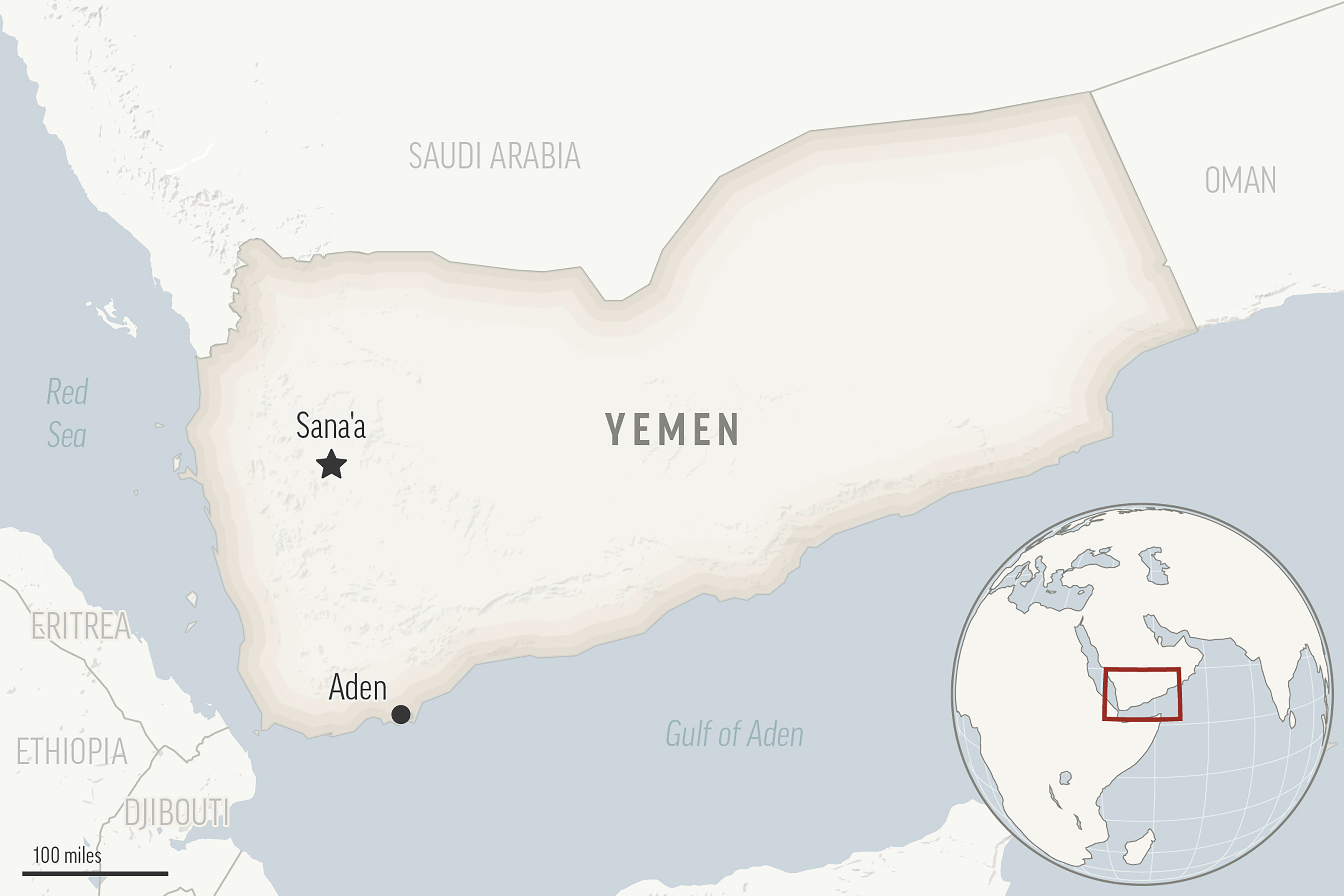Navigating the Complexities: Unraveling the Red Sea Strategic War
The Red Sea, known for its historical significance and strategic importance, has become a theater for geopolitical maneuvering in what is now referred to as the Red Sea Strategic War. This article delves into the intricacies of this conflict, examining the key players, regional dynamics, and global implications that characterize this complex maritime struggle.
Historical Context: The Red Sea’s Role in Global Trade
The Red Sea has been a vital conduit for global trade throughout history, connecting the Mediterranean to the Indian Ocean. Its strategic position has made it a geopolitical focal point, drawing the attention of nations seeking control over crucial maritime routes. The Red Sea Strategic War unfolds within this historical context, where geopolitical interests converge on the waters.
Key Players: Global Powers and Regional Actors
The Red Sea Strategic War involves a multitude of key players, ranging from global powers to regional actors. Major nations, recognizing the economic and geopolitical significance of the region, have become embroiled in strategic competition. Meanwhile, local entities within the Red Sea region navigate the complexities of alliances and conflicts to safeguard their interests.
Naval Dynamics: Strategies in Maritime Conflict
Naval strategies play a central role in the Red Sea Strategic War. Major powers and regional actors deploy their naval forces to assert control over key maritime routes, ports, and chokepoints. The evolving dynamics of naval warfare in the Red Sea highlight the importance of maritime supremacy in the strategic calculations of the involved parties.
Technological Advancements: Shaping the Battlefield
Technological advancements further complicate the Red Sea Strategic War. Modern naval capabilities, surveillance technologies, and strategic infrastructure investments contribute to the shifting dynamics of the conflict. The incorporation of advanced technologies transforms the Red Sea into a high-stakes battlefield where innovation and adaptability become key determinants of success.
Economic Considerations: Impact on Trade and Commerce
The Red Sea Strategic War has profound economic implications, influencing global trade and commerce. Disruptions to maritime routes, blockades, and heightened geopolitical tensions impact the flow of goods through this critical waterway. The economic considerations of the conflict extend beyond the region, affecting international trade patterns.
Regional Stability: Balancing Act in a Conflict Zone
The Red Sea region, caught in the crossfire of the strategic war, grapples with maintaining stability amid heightened tensions. The delicate balance of power and the intricate web of alliances create a challenging environment for regional stability. The consequences of this strategic conflict ripple through the daily lives of those living in the Red Sea’s coastal areas.
Red Sea Strategic War Link: A Deeper Dive
For a more comprehensive understanding of the Red Sea Strategic War, click here. This link offers additional insights into specific naval strategies, geopolitical developments, and the intricate balance of power that defines the conflict within the Red Sea.
Global Implications: Red Sea Strategic War on the World Stage
The Red Sea Strategic War extends its influence beyond regional boundaries, with global implications. The geopolitical outcomes, alliances, and power shifts in the Red Sea resonate on the world stage, influencing the broader landscape of international relations. Understanding these global implications is vital for comprehending the far-reaching consequences of the conflict.
Navigating Toward Resolution: Diplomacy in Troubled Waters
As the Red Sea Strategic War persists, the need for diplomatic solutions becomes increasingly critical. Navigating toward resolution requires dialogue, cooperation, and a commitment to addressing the root causes of the conflict. Diplomatic efforts become essential in fostering stability and mitigating the risks associated with the strategic war unfolding in the Red Sea.
Preserving the Maritime Legacy: A Call for Responsible Stewardship
In conclusion, the Red Sea Strategic War underscores the intricate interplay of geopolitical forces in a region of historical significance. Preserving the maritime legacy of the Red Sea necessitates responsible stewardship, where global powers and regional actors work collaboratively to navigate these troubled waters. Only through diplomatic efforts and a commitment to shared stability can the Red Sea emerge from the shadows of strategic conflict into a beacon of cooperative maritime endeavors.

